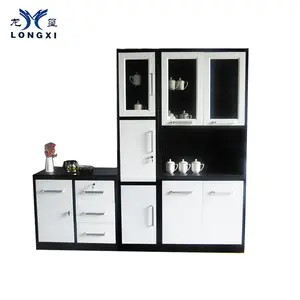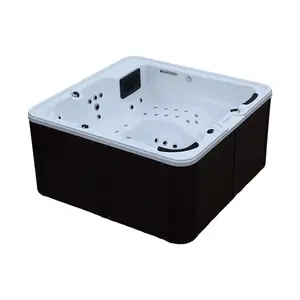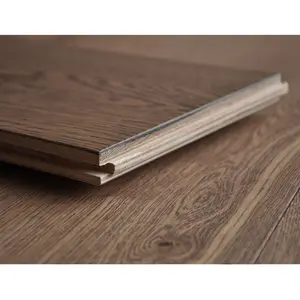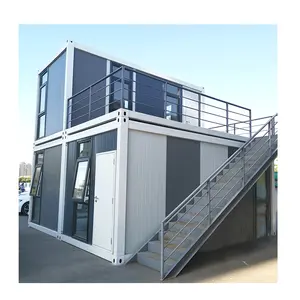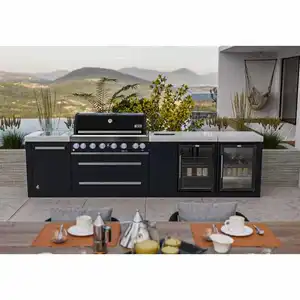Popular in your industry



































































































































































































Top categories
About vented doors
Vented doors are a specialized category of doors designed to permit the passage of air between different spaces while maintaining privacy and security. These doors are commonly used in various settings, including residential and commercial spaces, to enhance ventilation without compromising on design or functionality. The integration of vents into the door structure allows for improved air circulation, which is essential in areas that require consistent air flow, such as server rooms, closets housing electronic equipment, or spaces where moisture and odors need to be managed effectively.
Types and Characteristics of Vented Doors
Vented doors come in a variety of types, each with distinct characteristics to serve different purposes. For instance, vented steel security doors are robust and ideal for high-security areas, while aluminum alloy vented doors provide a balance between strength and aesthetics, suitable for modern home designs. Solid wood vented doors offer a classic look and are often chosen for their natural insulating properties. The choice between these types depends on the specific needs for security, design preference, and the environmental conditions of the installation site.
Structure and Operation of Vented Doors
The structure of a vented door is a complex assembly designed to ensure durability, security, and airflow. The core components include the door frame, which supports the entire structure, vents that are strategically placed to maximize airflow, and additional elements like screens or grills for security. The operation of these doors involves the interaction between these components, where the frame provides stability, the vents allow for air passage, and the screens protect against external threats. The careful design ensures that each component works together to provide a seamless operation.
Materials and Properties
The materials used in vented doors are chosen for their specific properties to enhance the door's performance. Aluminum alloy is favored for its lightweight nature and resistance to corrosion, making it ideal for both indoor and outdoor settings. Solid wood is selected for its natural beauty and insulating properties, which contribute to energy efficiency. These materials are also chosen for their durability and ease of maintenance, ensuring that the doors remain functional and aesthetically pleasing over time.
Business Usages and Applications
Vented doors are utilized across various industries due to their versatility. In the hospitality sector, they are used to maintain comfortable temperatures in kitchens while keeping the area secure. In the tech industry, vented doors are crucial for server rooms where consistent airflow is necessary to prevent overheating of equipment. These doors create business value by enhancing the safety and functionality of workspaces, contributing to a more productive and secure environment.
Functions and Tasks
The primary function of vented doors is to provide secure access to a space while allowing for air circulation. They are designed to perform specific tasks such as reducing the buildup of heat in confined spaces, minimizing the accumulation of odors, and maintaining air quality by facilitating the exchange of indoor and outdoor air. These functions are essential in creating a comfortable and safe environment in both residential and commercial settings.
Features and Unique Selling Points
The distinct features of vented doors include their integrated ventilation systems, which can come in the form of louvers, perforations, or grills. These features are engineered to provide optimal airflow while maintaining the door's integrity and security. The unique selling points of these doors lie in their ability to combine functionality with design, offering solutions that are both practical and visually appealing, setting them apart from traditional door options.
Benefits and Positive Outcomes
The benefits of installing vented doors are manifold. They solve the problem of poor ventilation in areas that cannot accommodate traditional windows or exhaust systems. Users enjoy improved air quality and comfort, as well as reduced energy costs due to the insulating properties of materials like solid wood. The presence of vented doors can also lead to positive health outcomes by preventing the growth of mold and mildew associated with stagnant air.
How to Use and Maintain Vented Doors
Effective operation of vented doors involves understanding their mechanisms, such as how to adjust vents for optimal airflow. Maintenance is straightforward, usually requiring regular cleaning of vents to ensure they remain unobstructed. Installation should be carried out by professionals to ensure that the door functions as intended, with all security features properly in place.
Choosing and Installing the Right Vented Door
Selecting the right vented door involves considering the specific needs of the environment where it will be installed. Factors such as the level of security required, the type of ventilation needed, and the aesthetic preferences should guide the selection process. Installation is a critical step that can affect the door's performance, and it is recommended to follow the manufacturer's guidelines or hire a professional to ensure proper setup.
Cleaning and Maintenance Tips
Cleaning and maintaining vented doors is essential for their longevity. Regular dusting and wiping down of the door and vents will prevent buildup that can hinder their operation. It is also important to inspect the doors periodically for any signs of wear or damage, especially in the moving parts and ventilation mechanisms.
Target Audience and Meeting Needs
The target audience for vented doors includes homeowners seeking to improve their home ventilation, businesses that require secure doors with airflow for equipment rooms, and architects designing buildings with specific ventilation needs. These doors meet the needs of this diverse audience by providing customizable solutions that address both functional and aesthetic requirements.
How do vented doors enhance security while providing ventilation?
Vented doors are engineered to offer the dual benefits of enhanced security and ventilation. The security aspect is addressed through the use of robust materials and construction techniques that resist forced entry. The vents are designed to be small enough to prevent intrusion while allowing air to pass through. In many designs, the integration of steel grills or meshes within the vents adds an additional layer of security, ensuring that while air flows freely, security is not compromised.
What considerations should be made when choosing vented doors for different environments?
When selecting vented doors for different environments, several factors should be considered. For residential spaces, aesthetic compatibility with the home's design and the level of privacy required are important. In commercial settings, the door's durability and maintenance needs take precedence. The environmental conditions, such as exposure to moisture or extreme temperatures, will also influence the choice of material and design features like insulation and magnetic screens.
How can businesses customize vented doors to fit their specific needs?
Businesses can customize vented doors to fit their specific needs by working with suppliers on Alibaba.com who offer project solution capabilities. This can include selecting the material, design, and features that align with the business's functional requirements and aesthetic preferences. Customization can also extend to the size and type of vents, the method of opening, and the inclusion of additional security features or specialized screens.
